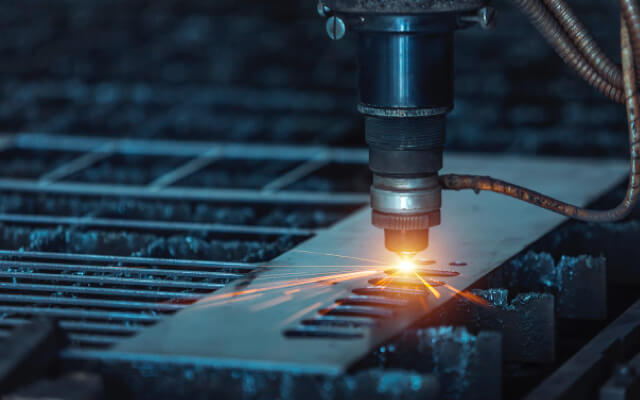Shafts are critical components in various industries, from automotive to aerospace, where they transmit power or motion between mechanical components. The choice of metal in shaft manufacturing plays a crucial role in determining the shafts performance, durability, and reliability. Here are the top five metals commonly used in shaft manufacturing, their properties, and applications:
1. Steel
Steel is the most widely used metal in shaft machine shop due to its excellent mechanical properties and versatility. It offers high strength, durability, and resistance to wear and fatigue, making it ideal for demanding applications. Common types of steel used in shafts include:
– Carbon Steel: Known for its strength and affordability, carbon steel shafts are suitable for general-purpose applications where moderate strength and hardness are required.
– Alloy Steel: Incorporating additional alloying elements such as chromium, nickel, and molybdenum, alloy steel shafts offer enhanced mechanical properties, including increased strength, toughness, and corrosion resistance. They are often used in high-stress applications such as automotive axles and machining shafts.
2. Stainless Steel
Stainless steel is valued for its corrosion resistance and durability in harsh environments, making it a preferred choice for machining shafts in industries such as marine, food processing, and pharmaceuticals. The addition of chromium and other alloying elements forms a passive oxide layer on the surface, protecting the shaft machine from rust and corrosion. Types such as 304 and 316 stainless steel are commonly used in shaft manufacturing due to their excellent mechanical properties and resistance to chemical and atmospheric corrosion.
3. Aluminum
Aluminum shafts are chosen for applications requiring lightweight materials with good strength and corrosion resistance. They find use in industries such as aerospace, where weight reduction is critical for fuel efficiency and performance. Aluminum alloys, such as 6061 and 7075, are commonly machined into shafts due to their high strength-to-weight ratio and machinability. However, aluminum shafts may not be suitable for high-load or high-temperature applications compared to steel.
4. Titanium
Titanium shafts are prized for their exceptional strength-to-weight ratio, corrosion resistance, and biocompatibility, making them suitable for aerospace, medical, and marine applications. Despite being more expensive than steel or aluminum, titanium offers superior strength at lower densities, allowing for lighter shaft designs without compromising performance. Titanium alloys like Ti-6Al-4V are commonly used in shaft machine shop due to their excellent mechanical properties and heat resistance.
5. Brass and Bronze
Brass and bronze are non-ferrous metals that offer good machinability, wear resistance, and corrosion resistance, particularly in low-load and non-magnetic applications. Brass, an alloy of copper and zinc, is used for shafts where electrical conductivity or aesthetic appeal is required, such as in musical instruments or decorative applications. Bronze, an alloy of copper and tin(with other elements), offers excellent wear resistance and is used in applications requiring self- lubricating properties, such as bearings and marine shafts.
Conclusion
Choosing the right metal for shaft manufacturing depends on specific application requirements, including load capacity, corrosion resistance, weight considerations, and cost-effectiveness. Steel remains the predominant choice due to its balance of strength, durability, and cost- effectiveness across a wide range of industrial applications. However, advancements in materials science have expanded options to include lightweight alloys like aluminum and titanium, as well as corrosion-resistant options like stainless steel. Understanding these material properties allows shaft manufacturers to select the optimal metal for each application, ensuring reliable performance and longevity of shafts in diverse industries.






